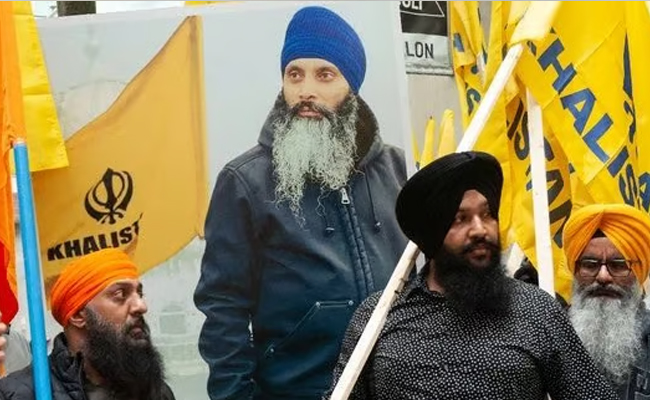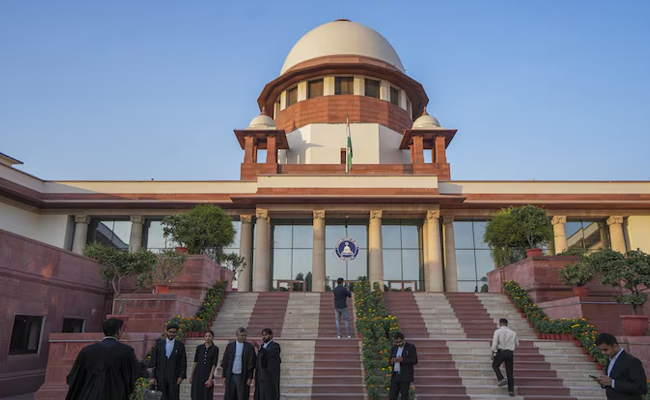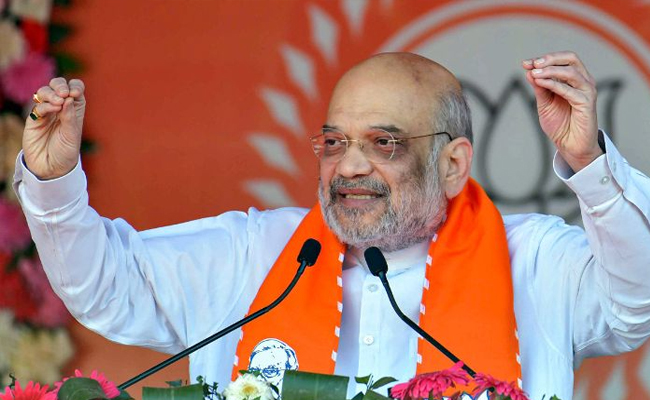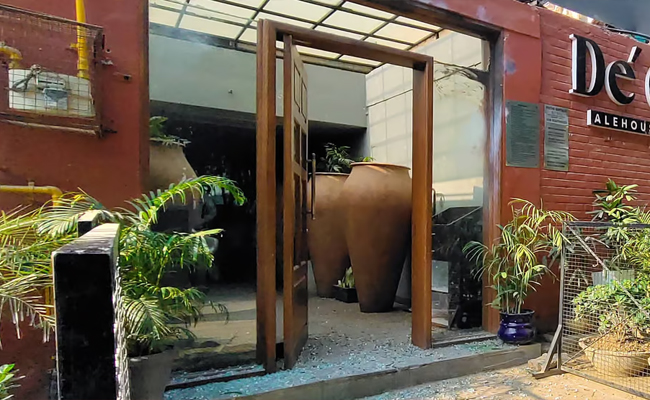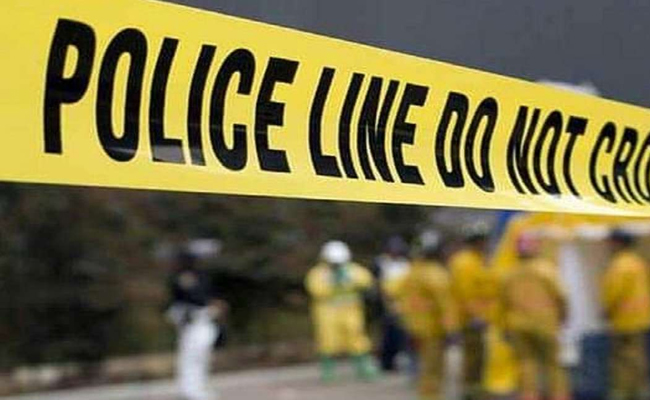New Delhi: India issued a strong rebuttal to Canada on Monday, dismissing claims that its High Commissioner, Sanjay Kumar Verma, was a 'person of interest' in the investigation of Hardeep Singh Nijjar's death. The Ministry of External Affairs described the allegations as "preposterous imputations" and accused the Canadian government of engaging in vote-bank politics by pandering to pro-Khalistan elements.
This diplomatic rift dates back to June 2023, when Canadian Prime Minister Justin Trudeau alleged Indian involvement in the killing of Nijjar, a known pro-Khalistan figure. India has consistently rejected the claims, calling them "absurd" and "motivated."
Tensions escalated when reports emerged that Canada named the Indian High Commissioner in the investigation. India condemned these allegations, asserting that they lacked evidence and were part of a "deliberate strategy" by Canada to smear India for political gains.
In its statement, India highlighted Verma's 36-year diplomatic career, which includes postings in Japan, Sudan, Italy, Turkiye, Vietnam, and China, and denounced the accusations against him as baseless.
India has long voiced concerns over the growing pro-Khalistan movement in Canada, urging Ottawa to take action against individuals involved in extremist activities. Despite repeated diplomatic efforts, India claims that Canada has not taken sufficient steps to address the issue, further straining relations between the two countries.
Let the Truth be known. If you read VB and like VB, please be a VB Supporter and Help us deliver the Truth to one and all.
New Delhi (PTI): The Supreme Court on Tuesday dismissed a petition seeking to revert to ballot paper voting in elections in the country.
"What happens is, when you win the election, EVMs (electronic voting machine) are not tampered. When you lose the election, EVMs are tampered (with)," remarked a bench of Justices Vikram Nath and P B Varale.
Apart from ballot paper voting, the plea sought several directions including a directive to the Election Commission to disqualify candidates for a minimum of five years if found guilty of distributing money, liquor or other material inducement to the voters during polls.
When petitioner-in-person K A Paul said he filed the PIL, the bench said, "You have interesting PILs. How do you get these brilliant ideas?".
The petitioner said he is the president of an organisation which has rescued over three lakh orphans and 40 lakh widows.
"Why are you getting into this political arena? Your area of work is very different," the bench retorted.
After Paul revealed he had been to over 150 countries, the bench asked him whether each of the nations had ballot paper voting or used electronic voting.
The petitioner said foreign countries had adopted ballot paper voting and India should follow suit.
"Why you don't want to be different from the rest of the world?" asked the bench.
There was corruption and this year (2024) in June, the Election Commission announced they had seized Rs 9,000 crore, Paul responded.
"But how does that make your relief which you are claiming here relevant?" asked the bench, adding "if you shift back to physical ballot, will there be no corruption?".
Paul claimed CEO and co-founder of Tesla, Elon Musk, stated that EVMs could be tampered with and added TDP chief N Chandrababu Naidu, the current chief minister of Andhra Pradesh, and former state chief minister Y S Jagan Mohan Reddy had claimed EVMs could be tampered with.
"When Chandrababu Naidu lost, he said EVMs can be tampered with. Now this time, Jagan Mohan Reddy lost, he said EVMs can be tampered with," noted the bench.
When the petitioner said everybody knew money was distributed in elections, the bench remarked, "We never received any money for any elections."
The petitioner said another prayer in his plea was the formulation of a comprehensive framework to regulate the use of money and liquor during election campaigns and ensuring such practices were prohibited and punishable under the law.
The plea further sought a direction to mandate an extensive voter education campaign to raise awareness and importance of informed decision making.
"Today, 32 per cent educated people are not casting their votes. What a tragedy. If democracy will be dying like this and we will not be able to do anything then what will happen in the years to come in future," the petitioner said.

